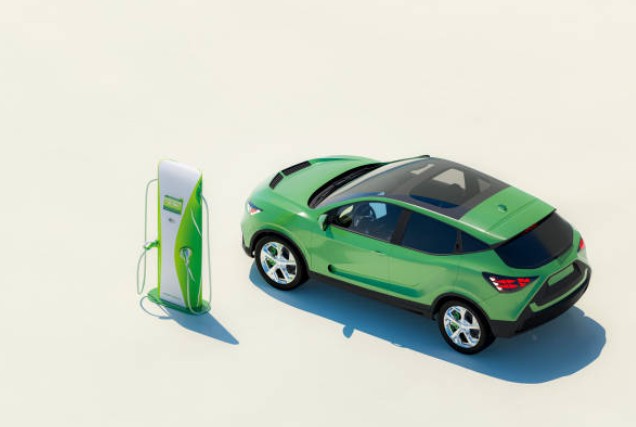The government’s latest attempt at an electric vehicle tax has sparked fresh criticism from EV drivers across the UK.
Pay-per-mile charges are on the horizon. But the proposed scheme appears poorly thought through, leaving many EV owners frustrated.
“Those who’ve made the switch, of which I’m now one, are under no illusion that a version of the fuel duty will eventually catch up with them,” said one driver.
The system, as it stands, ignores the very features that make electric cars appealing. Instead of rewarding smart energy use, it punishes it.
Drivers are expected to pay an estimated charge upfront, then claim back for the miles they don’t drive. On paper, paying per mile seems fair. In practice, it feels clunky. It misses the clever “gamification” EV users have learned to exploit.
Charging at night for cheaper rates is standard practice. Intelligent tariffs, like Octopus Go, allow owners to charge when renewable energy is abundant, cutting costs further. Some charger networks even alert users when rates drop.
“In the future, electricity companies will be able to suck energy back from EVs to balance the grid, resulting in money back for the EV owner. Those with solar panels can almost charge for free,” the report explained.
The new tax doesn’t account for any of this. A fixed number of miles per year ignores incentives to drive off-peak or to conserve energy.
Even conventional petrol and diesel drivers get rewarded for efficient driving with lower fuel duty.
It seems the government’s main aim is simplicity. “It’s cheap and doesn’t seem like the government is tracking your every movement,” experts say.
Yet the method fails to embrace the digital flexibility and give-and-take that EV drivers expect as part of everyday life.
For now, many UK EV owners see the proposal as a step backwards. Drivers fear that instead of encouraging greener, smarter driving habits, it will become another administrative headache.
The debate over the EV tax is far from over. As electric cars continue to rise in popularity, policymakers face the challenge of crafting a system that is fair, smart, and digitally savvy.






